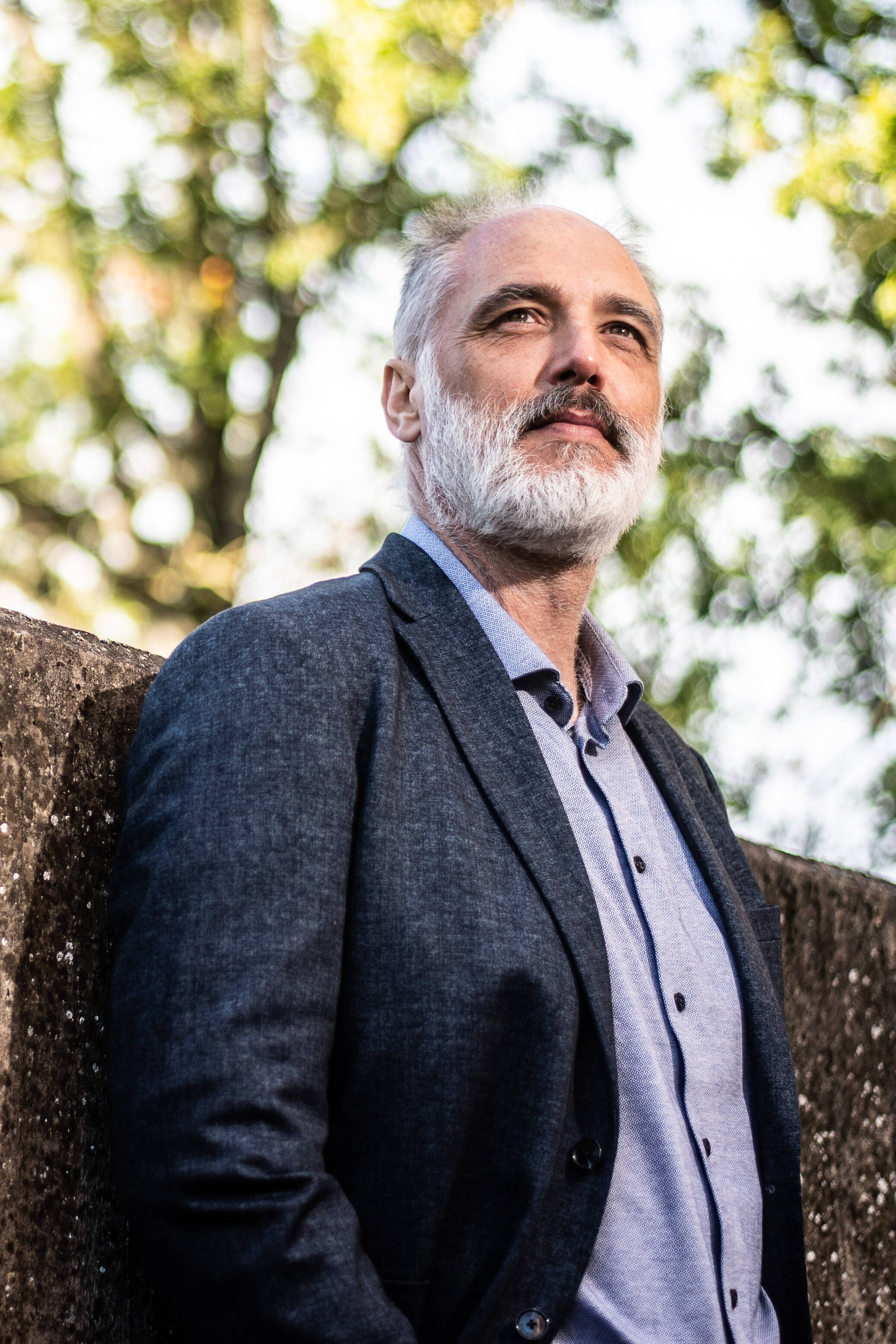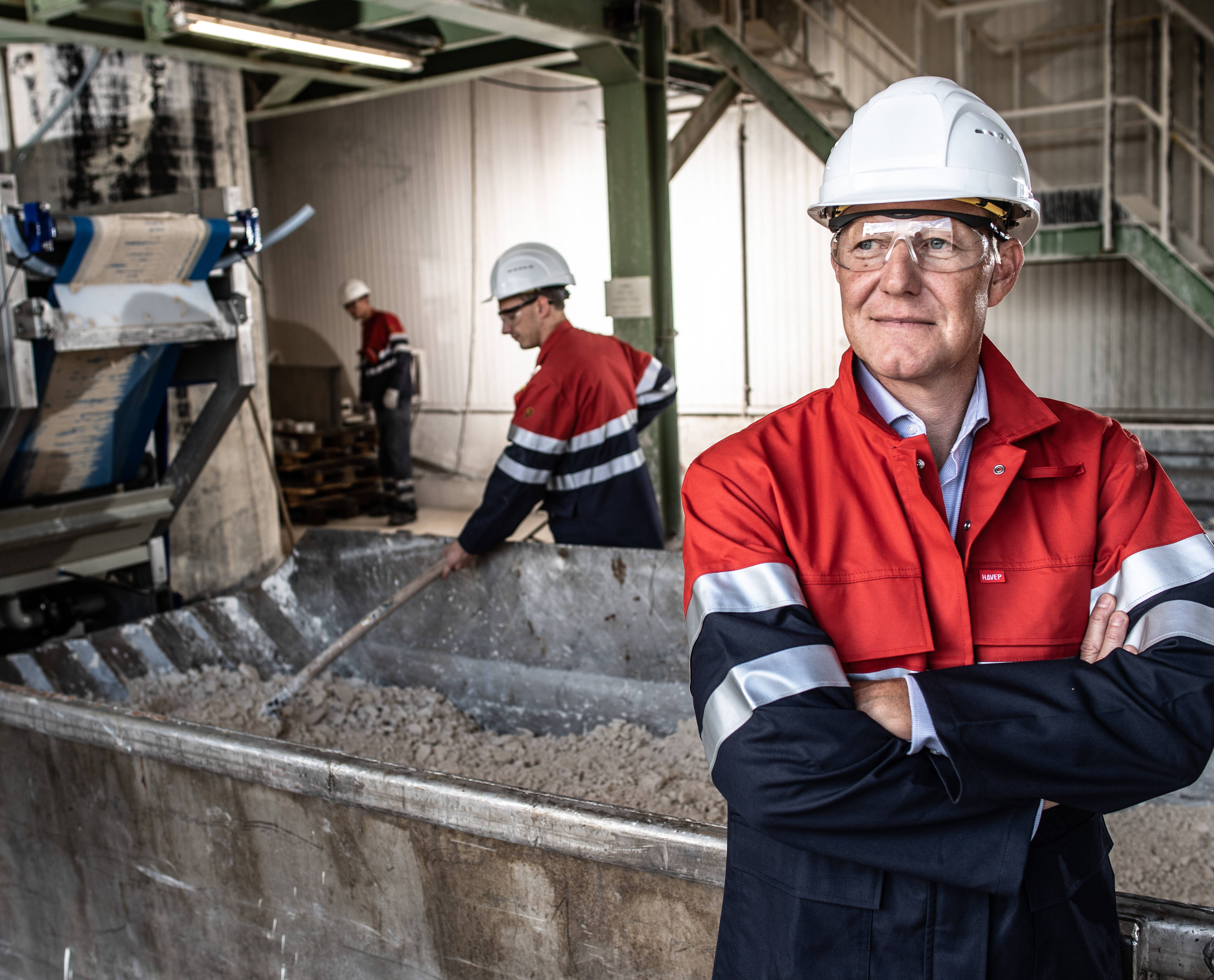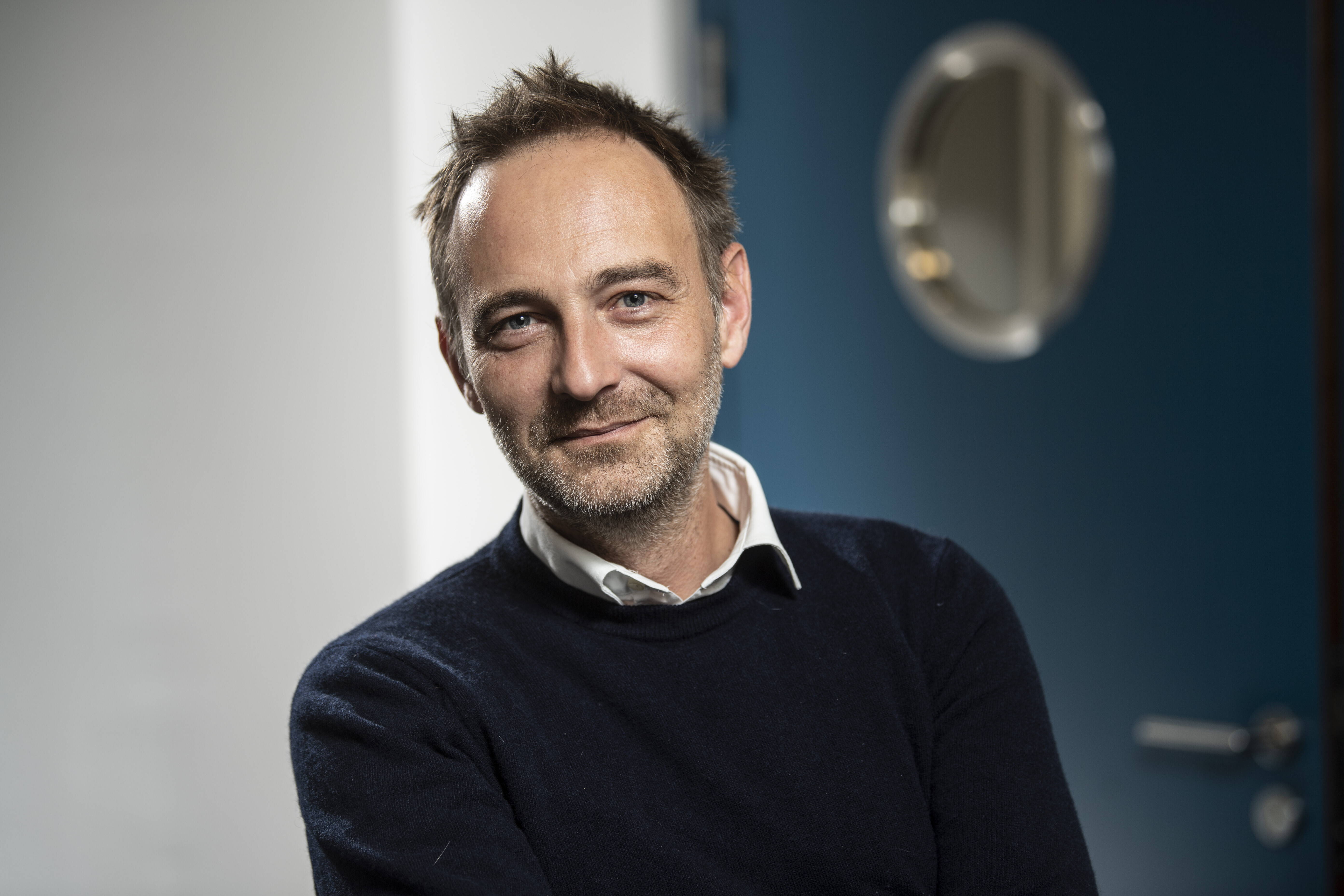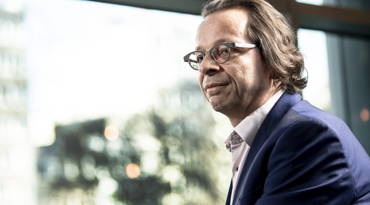At the end of March, more than thirty Flemish metallurgical companies joined forces to create Flanders Metals Valley (FMV). Together, they want to become a catalyst for a climate-neutral and circular metals sector.
‘Many Flemish metals companies already work closely together. This mainly brings them international renown but not enough people here in Belgium appreciate the importance of the metals sector for our economy and employment.'
'The sector will also play an important – but often underestimated – role in the transition to a sustainable society,' says Bart Blanpain, professor of Sustainable Materials Management at KU Leuven and one of the founders of Flanders Metals Valley.
Via three central working groups, Flanders Metals Valley wants to make a difference. ‘We want to strengthen the image of the sector by communicating more, by attracting young and senior talent to the many career opportunities via education and training and by attracting new support and resources for research and innovation,’ Blanpain explains.
Residue becomes raw material
At Nyrstar, there is a strong belief in the connective force of Flanders Metals Valley. ‘There was no question of us not being involved’, says Rob Ballet, Technology Manager at Nyrstar.
‘Flanders Metals Valley is driven strongly by the business world and we see this as an excellent opportunity to make our production even more sustainable. At the same time, by cooperating with other companies, we can keep the sector competitive: in Flanders and the rest of the world.’
The sector will also play an important – but often underestimated – role in the transition to a sustainable society.
Prof. Bart Blanpain,
co-founder Flanders Metals Valley

More than thirty Flemish companies, supported by knowledge institutions, have since joined Flanders Metals Valley. They have created an ecosystem where new partnerships are encouraged and existing partnerships and synergies can be strengthened. Blanpain: ‘The reason why the companies are so enthusiastic is because they realise that they can really make a difference: by making production processes more climate-friendly, questioning the use of materials and focusing more on circularity, for example. What is a waste or residual flow to one company may be a raw material to another.’
Enthusiasm
‘Nyrstar is working hard on doing just that. For example, steel manufacturers recycle steel scrap and recover the

iron in the process. The residual flow from this used to be disposed of as waste. ‘We now extract high-grade zinc that can be endlessly recycled,’ says Rob Ballet. ‘The final purification stage within that recycling chain is carried out at our site in Pelt. So we end up with a valuable secondary raw material for our zinc smelters in Balen (BE), Budel (NL) and Auby (FR).’
‘We also want to improve the circularity within companies and at sector level,’ says Blanpain. His dream is that Flanders Metals Valley will grow into an active group within which all initiatives originate from the participating companies. They are the ambassadors for the sector,’ concludes Blanpain. ‘They are the ones who by networking via the ecosystem, can spot opportunities and convey their enthusiasm to younger generations.’
Flanders metal industry
48
billion euros
According to the national statistical office Statbel, the metal industry in Flanders has a total annual turnover of more than 47 million euros. ‘That represents 18.7 per cent of the total turnover of all the industrial sectors,’ says Bart Blanpain.
What is Flanders Metals Valley?
Flanders Metals Valley brings together companies, knowledge institutions and, other organisations involved in the production and processing of metals. The circular economy and the sustainable use of by-products and residual flows are key. Read more on: www.flandersmetalsvalley.be
‘There is a shortage of personnel in all technical professions’
The university knowledge centre Steunpunt Werk calculated that the metal industry in Flanders employs more than 191,000 people. That is almost 40 per cent of the workforce employed by all the industrial sectors combined.
But qualified young technical talents are becoming increasingly hard to find. ‘Operators, metallurgists, chemists, maintenance personnel and project engineers. There is a shortage of personnel in all technical professions,’ says Frederik Heylen, HR Manager at Nyrstar.
Indirectly, Nyrstar provides 1,500 jobs in the Balen/Pelt region where more than 600 people work at its sites.
More than twenty vacancies are proving difficult to fill. Heylen hopes that Flanders Metals Valley will increase

awareness of the sector among young talent and thus improve inflow.
The HR Manager sees many advantages for interested young people. ‘There is an excellent standard of metal training in our region and our sector is based on years of experience that has been passed on from generation to generation.‘
‘And unlike industries that always use the same raw materials to produce the same end products, there is much more variation within the metals sector. As a result, all our processes are constantly having to be adjusted which means that the work is always varied and exciting.’


